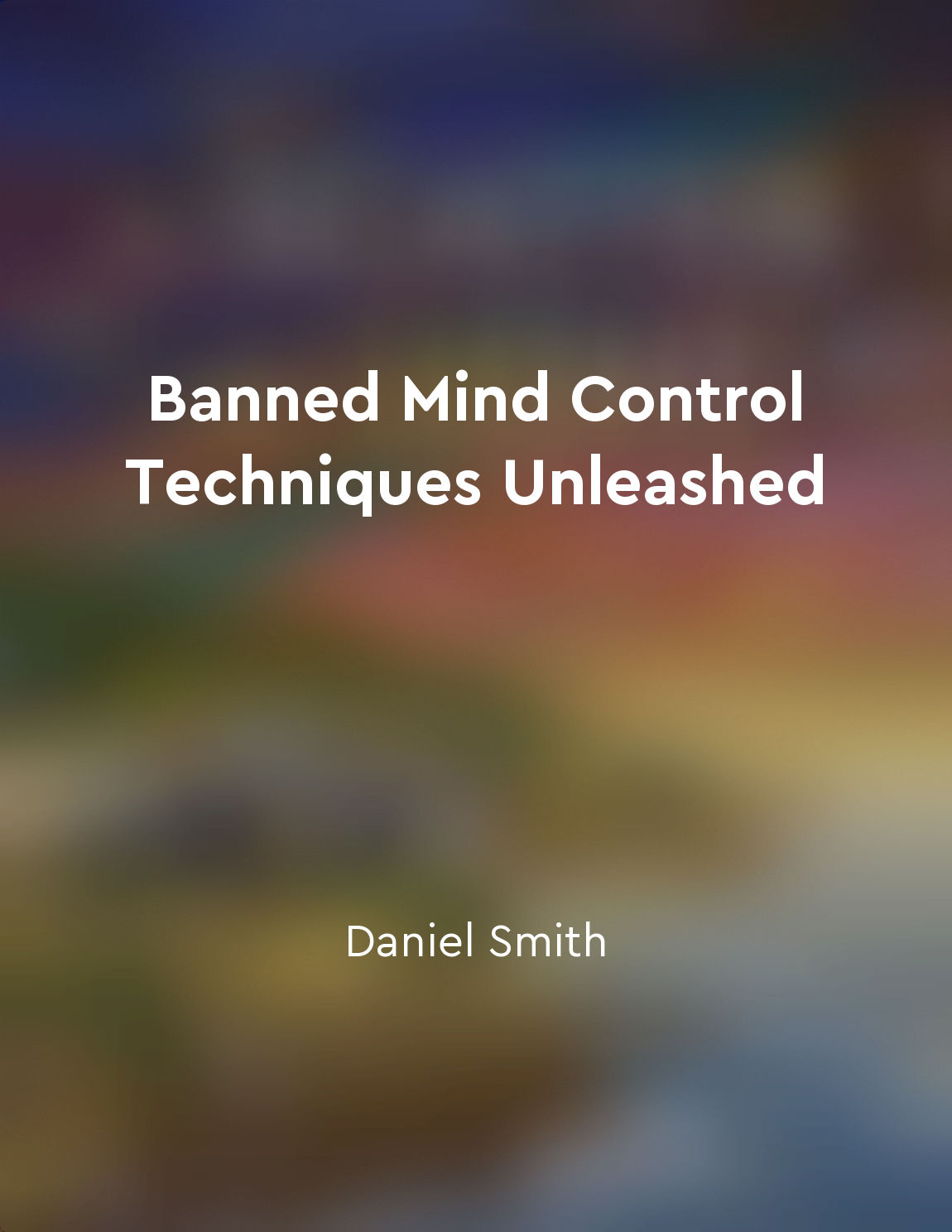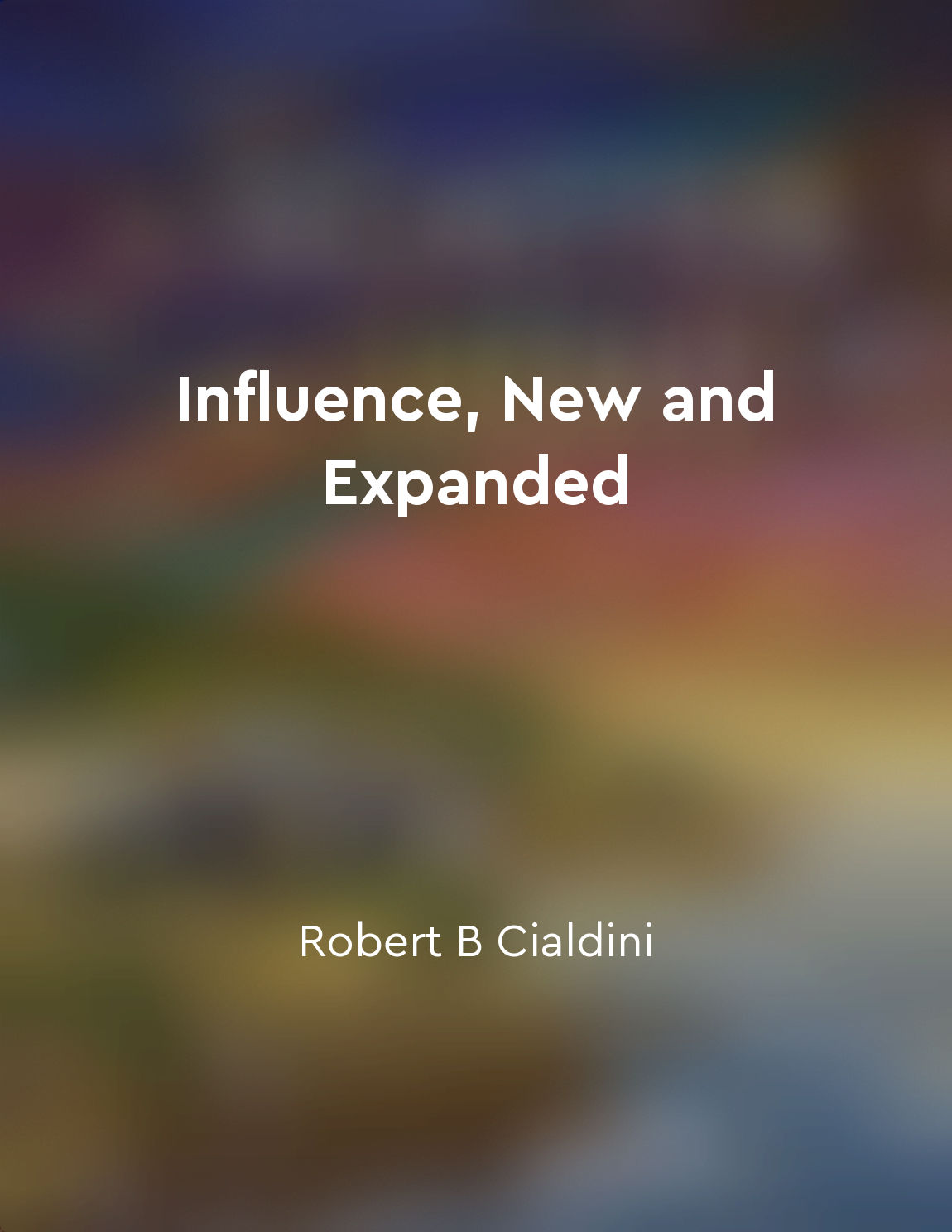Audio available in app
Avoid the decoy effect from "summary" of The Art of Thinking Clearly by Rolf Dobelli
The decoy effect is a cunning little trick that marketers often use to manipulate our choices. Imagine you're in a store, trying to decide between two similar products. Suddenly, a third option appears - one that is slightly inferior but has been cleverly designed to make one of the other options seem more attractive in comparison. This seemingly irrelevant choice, known as the decoy, influences your decision-making process without you even realizing it. The decoy effect preys on our tendency to compare options when making a decision. By introducing a third, less appealing choice, marketers can steer us towards the option they want us to choose. This is because our brains struggle to evaluate options in isolation and instead rely on comparisons to make judgments. The decoy effect exploits this cognitive bias by framing one option as the most attractive simply by making it look better than the decoy. To avoid falling victim to the decoy effect, it's crucial to recognize when it's being used against you. Be wary of any choices that seem too good to be true or too conveniently aligned with what the marketer wants you to pick. Remember that the decoy is strategically placed to influence your decision, so take a step back and consider all options objectively before making a choice. In a world where we are bombarded with endless choices and information, it's essential to sharpen our thinking and decision-making skills. By being aware of how the decoy effect works and learning to spot it in action, we can better protect ourselves from falling into the trap of making decisions based on manipulation rather than our true preferences. So the next time you find yourself faced with a difficult choice, remember to avoid the decoy effect and make decisions that truly align with your needs and desires.Similar Posts
Leveraging reciprocity can drive action
Reciprocity is a powerful force in human interaction. When someone does something for us, we feel a strong urge to return the f...

Creating a sense of dependency is a common strategy
One common strategy used in mind control is creating a sense of dependency. This tactic involves making the target feel like th...
Emotions play a crucial role in decisionmaking
David Brooks delves into the intricate relationship between emotions and decision-making, shedding light on how our emotional r...
We rely on mental shortcuts to simplify complex decisions
As human beings, we often find ourselves faced with complex decisions that require careful consideration and analysis. However,...
Cultivating selfawareness
Developing self-awareness is a crucial aspect of understanding oneself and the world around us. It involves taking a step back ...

Manipulative individuals can be charismatic
Manipulative individuals often possess a charm that draws people in, making it easy for them to influence others to do their bi...
Perception: shapes reality
Perception: shapes reality. How we see things, how we interpret them, determines what we believe to be true. Our perception col...

Establishing credibility is crucial
In the realm of influence, establishing credibility is paramount. It serves as the foundation upon which all successful persuas...

Understand the psychology behind narcissism
Understanding the psychology behind narcissism is crucial in navigating relationships with individuals who exhibit narcissistic...
Creating a persuasive argument based on logic and emotion
To be truly persuasive in your arguments, you must appeal to both logic and emotion. Logic alone may not be enough to convince ...
